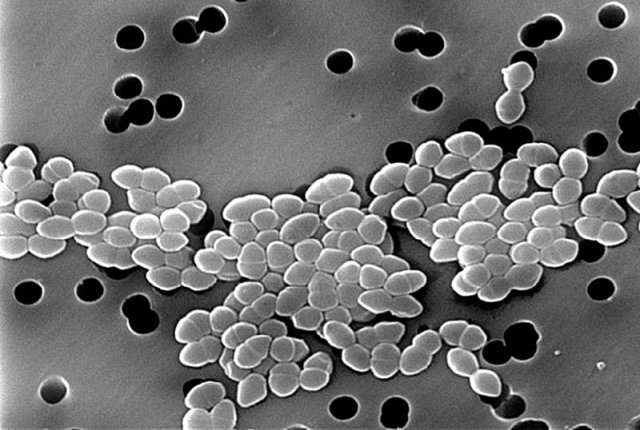Indicators: Enterococci
What are enterococci?
Enterococci are bacteria that live in the intestinal tracts of warm-blooded animals, including humans, and therefore indicate possible contamination of surface waters by fecal waste. Sources of fecal indicator bacteria such as enterococci include wastewater treatment plant effluent, leaking septic systems, stormwater runoff, sewage discharged or dumped from recreational boats, domestic animal and wildlife waste, improper land application of manure or sewage and runoff from manure storage areas, pastures, rangelands and feedlots. There are also natural, non-fecal sources of fecal indicator bacteria, including plants, sand, soil and sediments, that contribute to a certain background level in ambient waters and vary based on local environmental and meteorological conditions.
Why is it important to evaluate enterococci?

Enterococci are typically not considered harmful to humans, but their presence in the environment may indicate that other disease-causing agents such as such as viruses, bacteria and protozoa may also be present. These pathogens can sicken swimmers and others who use rivers and streams for recreation or eat raw shellfish or fish. Other potential health effects can include diseases of the skin, eyes, ears and respiratory tract. Eating fish or shellfish harvested from waters with fecal contamination can also result in human illness.
What can enterococci tell us about the condition of water?
Enterococci are one of two fecal indicators addressed in the EPA’s 2012 Recreational Water Quality Criteria recommendations for protecting human health in waters designated for primary contact recreational use. Significant amounts of enterococci in a water body can negatively affect the recreational and economic value of the aquatic resource. When the amount of fecal bacteria exceed state or Tribal recreational criteria, this may result in beach closures, swimming and boating bans and closures of fishing and shellfishing areas.
How is this indicator used in NARS?
Three surveys collect enterococci data. This data is available on the NARS data page for these surveys. Below the table you access assessment information in current reports.
| NLA | NRSA | NCCA | NWCA | Indicator Type |
|---|---|---|---|---|
| X | X | X | Core Indicator | |
| Research Indicator |
National Lakes Assessment Web Report – Enterococci Results
National Rivers and Streams Assessment Web Report –Enterococci Results
National Coastal Condition Assessment Web Report – Coming Soon.
